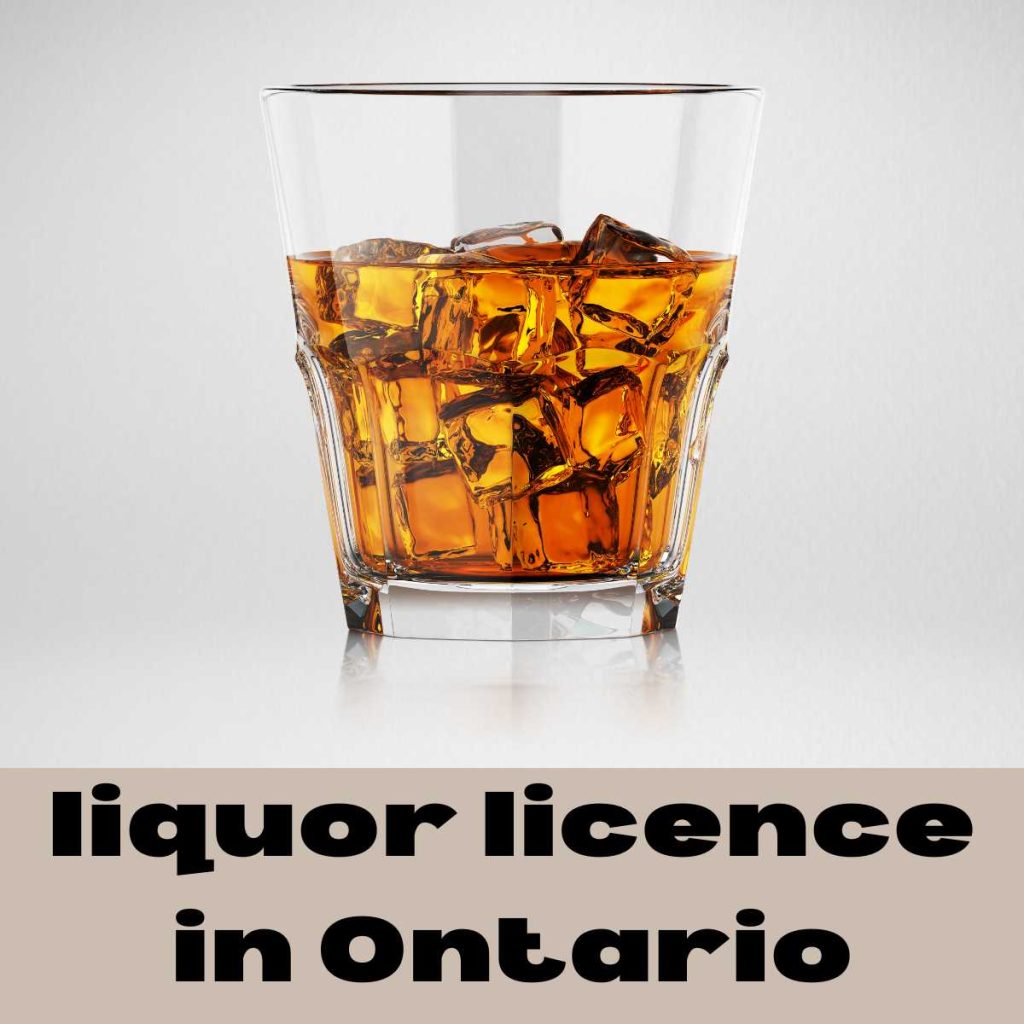
We Help You Get Your Liquor Licence in Ontario And Stay Onside
Want to get a liquor licence in Ontario or facing liquor licensing issues? Substance Law, a reputable legal firm spearheaded by Harrison Jordan, specializes in liquor licensing services in Ontario.
Obtaining a liquor license in can be a complex process, involving various forms, fees, and adherence to specific regulations. Our team at Substance Law is committed to simplifying this process for you, we are offering expert guidance and support every step of your way.
Liquor Licence Application Requirements
If you’re planning to open a bar or restaurant, nightclub or bar in Ontario, Canada, then you will need to obtain a liquor sales license before you can start serving drinks. Getting a liquor license isn’t always straightforward – there are many rules and regulations that must be followed in order to do so successfully. In this article by lawyer Harrison Jordan, we will explore the process of obtaining a liquor license in Ontario, Canada. We’ll provide tips on how to navigate the application process as well as what steps to take once your application is approved. Read on to learn more!
In Ontario, the Liquor Licence and Control Act (LCCA) is the primary legislation that governs the alcohol industry.
The LCCA was first enacted in 1927 and has been amended several times since then. The LCCA sets out the rules and regulations for the manufacture, importation, sale, supply, possession, and consumption of liquor in Ontario.

Why Do You Need A Liquor Sales License In Ontario?
In Ontario, you need a liquor license if you want to:
- Sell or serve alcohol in a bar, restaurant, or another public place
- Buy alcohol for resale from an authorized manufacturer or importer
- Make alcohol for sale (e.g., brewing beer or winemaking)
- Run a special event where alcohol will be served (e.g., a wedding reception or private party)
If you’re not sure whether you need a liquor license, you can contact the Alcohol and Gaming Commission of Ontario (AGCO) or our law office.
Types of Liquor Licenses in Ontario
There are different types of liquor licenses in Ontario, Canada. Each type of license has its own set of rules and regulations. The most common types of liquor licenses are:
- The Special Occasion Permit (SOP): This permit allows you to serve alcohol at a special event such as a wedding or a private party. You can apply for this permit online or in person at your local AGCO store.
- Liquor Sales License: A liquor sales license allows you to sell alcohol at your place of business, such as a bar or restaurant.
- Manufacturer’s License: A manufacturer’s license allows you to produce and sell alcohol, such as beer or spirits, at your place of business.
- Special Occasion License: A special occasion license allows you to hold a public event at which alcohol is served, such as a concert or festival.
There are numerous “trustworthy” licenses available as well, such as:
- Mini-bar licenses
- Golf-course endorsements
- Caterer endorsements

You deserve a dependable and reliable lawyer on your side for liquor licensing matters. Harrison Jordan is a Toronto-based lawyer assisting business with their liquor licensing needs, including AGCO matters and applications for AGCO Liquor Selling Licences. Call him at +1 647 371 0032 or email him today. He’ll get back to you as soon as he can.



